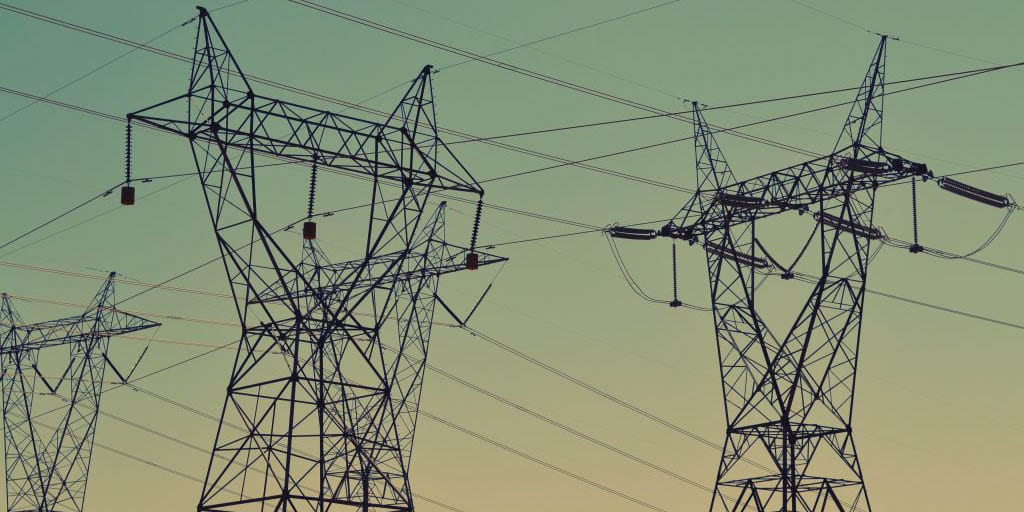United Arab Emirates (UAE)
Country indicators
GDP per capita - gross domestic product divided by midyear population. GDP is the sum of gross value added by all resident producers in the economy plus any product taxes and minus any subsidies not included in the value of the products. (Source: World Bank)
GDP per capita (USD):
41,420.50
Fossil fuel subsidies (USD, billions) - All consumer and producer pre-tax subsidies. Pre-tax consumer subsidies exist when energy consumers pay prices that are below the costs incurred to supply them with this energy. (Source: IMF)
Fossil fuel subsidies (USD, billions):
7.01
Fossil Fuel Subsidies as % of GDP - All consumer and producer pre-tax subsidies as percent of a country’s GDP. (Source: IMF)
Fossil fuel subsidies (% of GDP):
1.83
Fossil Fuel Subsidies with externalities as % of GDP - All consumer and producer post-tax subsidies. Post-tax consumer subsidies exist if consumer prices for energy are below supply costs plus the efficient levels of taxation. (Source: IMF)
Fossil fuel subsidies with externalities (% of GDP):
5.76
Revenue from environmentally related taxes as % of GDP - All revenue from environmentally related taxes - defined as any compulsory, unrequited payment to general government levied on tax-bases deemed to be of particular environmental relevance – as percent of a country’s GDP. (Source: OECD)
Revenue from environmentally related taxes (% of GDP):
n/a
Carbon pricing gap - Measure of how much countries fall short of pricing carbon emissions in line with a EUR 60 benchmark value (midpoint estimate of the carbon costs in 2020 and a low-end estimate for 2030). The difference is presented as percentage: If the Effective Carbon Rate (ECR) on all emissions is at least as high as the benchmark, the gap is zero, and if the ECR is zero throughout, the gap is 100%. (Source: OECD)
Carbon Pricing Gap (%):
n/a
News

MENA Energy Pricing Reforms (Oxford Energy Forum)
2017-04-21
It has been nearly three years since the collapse in global oil prices and there have been mixed outcomes for countries in the Middle East and North Africa (MENA). While

Fuel, Food and Utilities Price Reforms in the GCC: A Wake-up Call for Business (Chatham House)
2016-07-21
This research paper by Chatham House examines wide-ranging price reforms taking place in the Gulf countries as a response to suppressed energy, water and food prices, and the effects of these

Reforming Energy Subsidies: Initial Lessons from the United Arab Emirates (Brookings Institution)
2016-07-14
This paper by the Energy Security and Climate Initiative (ESCI) at the Brookings Institution and the Masdar Institute of Science and Technology (Masdar Institute) reviews recent energy subsidy reforms in the United Arab



